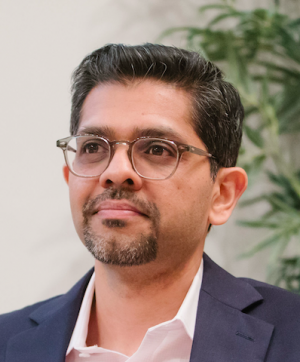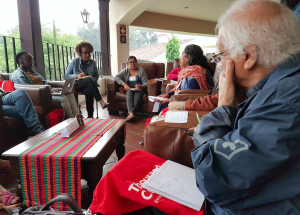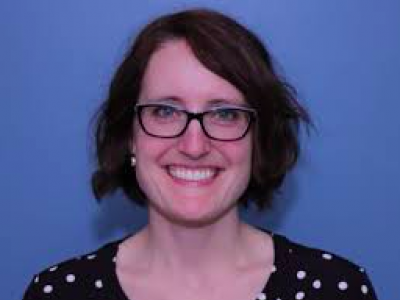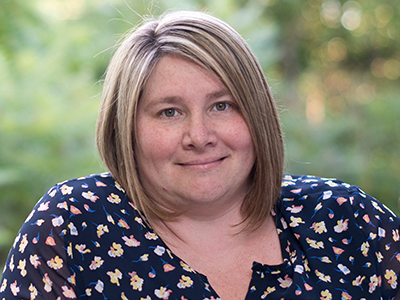 By Fahad Ahmad.
By Fahad Ahmad.
The principles and practices at Thousand Currents that centre on community self-determination set the foundation apart from its peers in the international development sector. The foundation stands as a paradigmatic case of an organization working to redefine conventional philanthropy and shift power into the hands of grassroots communities. Such an approach is even MO salient in light of the COVID-19 pandemic, which has disproportionately impacted the most vulnerable and marginalized communities.
How a power shift started
Originally named “IDEX,” Thousand Currents was founded in 1985 by former Peace Corps volunteers who were disillusioned by the paternalistic model of international development. It came into existence with a vision that grassroots communities should determine their own development priorities, and it sought to direct financial resources to community-led initiatives. This approach, though perhaps obvious now, was provocative during a time when development aid was dominated by conditional loans and structural adjustment programs.
At first, the foundation made small, sporadic, project-based grants, but after several years of funding projects, it realized that project-based support addressed only symptoms of social problems, not root causes. In the early 2000s, it switched to a trust-based partnership model bolstered by sustained, unrestricted grants to grassroots partners working to tackle root-cause issues in economic development, women’s rights and the environment in select countries in Africa, Asia and Latin America. Thousand Currents adopted an explicit strategy to support the long-term strategies and vision of its grassroots partners, not just alleviate their short-term financial needs.
Consider your own power and privilege as a funder
A decade later, Thousand Currents undertook another process of self-reflection and, rather unusually for a donor, asked its grassroots partners to evaluate its work. It heard from grassroots partners that they valued the organization’s partnership model based on trust, learning and mutual accountability, but they were surprised that the model was not more prevalent. They encouraged Thousand Currents to consider its own power and privilege as a Global North funder. In response, the foundation adopted a new theory of change and developed a stream of programming to encourage other philanthropic institutions to adopt trust-based, philanthropic approaches that centre on grassroots wisdom and community self-determination.
 Thousand Currents believes that change begins from within. Since 2009, the foundation has been led by women of colour. Its Executive Director, staff and board members reflect the diversity of the communities they serve. In 2016, Thousand Currents embraced its current name to affirm that systemic change is possible when the power of “thousands” of donors meets the “currents” of grassroots leadership and locally led solutions.
Thousand Currents believes that change begins from within. Since 2009, the foundation has been led by women of colour. Its Executive Director, staff and board members reflect the diversity of the communities they serve. In 2016, Thousand Currents embraced its current name to affirm that systemic change is possible when the power of “thousands” of donors meets the “currents” of grassroots leadership and locally led solutions.
Philanthropy can best serve communities by being nimble and flexible, and by allowing communities to determine their own priorities.
Fahad Ahmad is a board member of Thousand Currents, a public foundation in the U.S. that supports Global South grassroots organizations and movements led by women, youth and Indigenous Peoples. He’s an instructor in Carleton University’s Master of Philanthropy and Nonprofit Leadership program.
Click for the Next Story in the Power Series: Forcing a Power Shift Globally
Wednesday, October 7, 2020 in Shifting Power
Share: Twitter, Facebook



